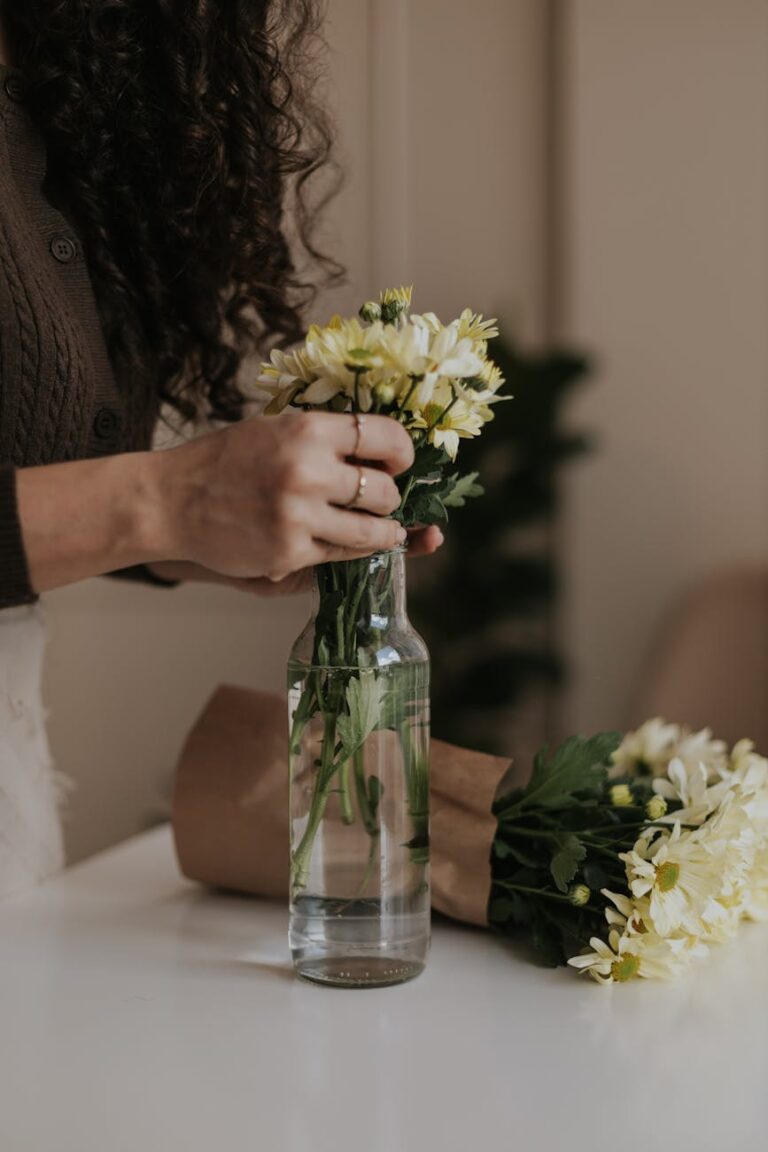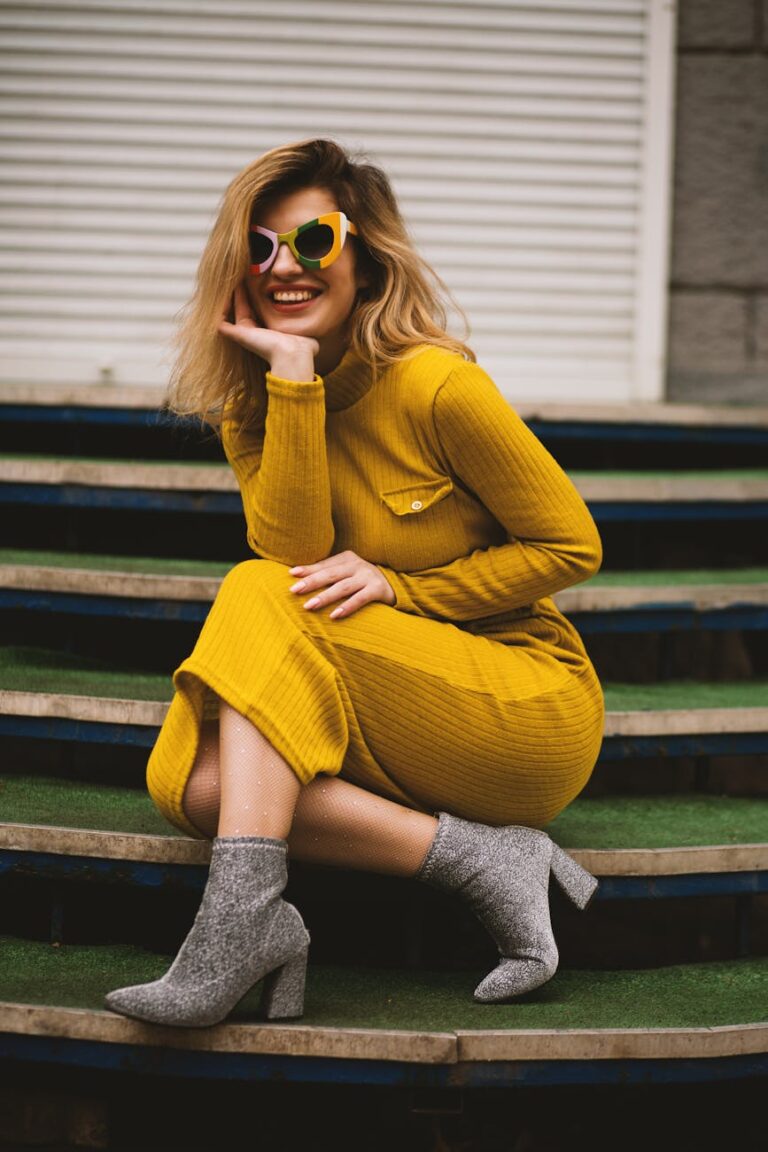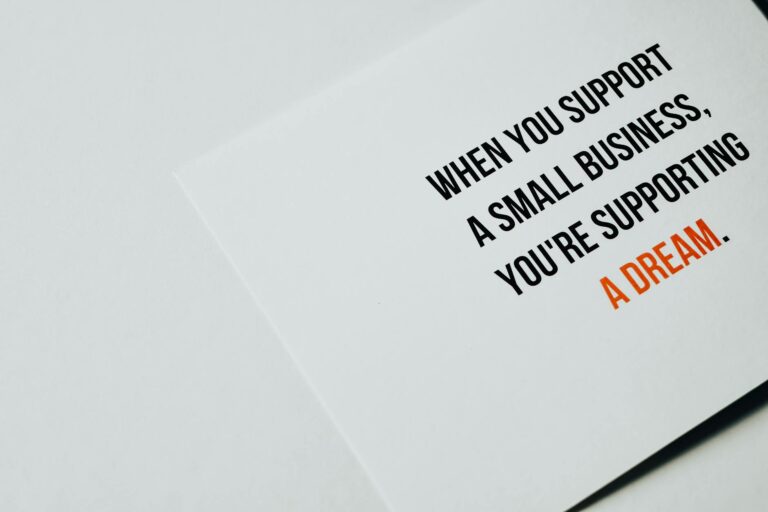What I Keep — and What I’ve Let Go — from My Spiritual Toolbox

When I look back at my spiritual journey over the past few decades, I see a path strewn with crystals, oracle cards, prayer beads, and dog-eared self-help books. Some gathering dust on shelves, others still warm from daily use. At 52, I’ve accumulated enough “spiritual tools” that could fill a very large spiritual toolbox, and I’ve learned that what serves us in one season may feel hollow or even harmful in another.
Lately, I’ve been sitting with the question of what actually nourishes my soul versus what I’ve collected out of fear, habit, or the persistent belief that the next practice or program might finally “fix” me. This isn’t about judgment — every step has taught me something valuable. But as I move through midlife, I find myself craving simplicity and authenticity over complexity and performance.
So I’ve been taking inventory of my spiritual toolbox, examining each item with gentle curiosity: What still rings true? What feels more like spiritual clutter? What practices have deepened with time, and which ones am I ready to release with gratitude?
Here’s what I’m keeping, what I’m letting go, and what I’m learning about walking this path with both reverence and discernment.
What I Keep in My Spiritual Toolbox
- Morning Quiet
Not meditation exactly — at least not the kind with Sanskrit names and strict protocols. Just fifteen minutes of silence before the day begins, usually with coffee, sometimes with a journal, often just staring out the window at the birds. No agenda, no achievement, no enlightenment required. Just the simple act of being present to whatever arises, whether that’s profound insight or grocery lists or worry about my adult daughter’s latest life decision.
This practice has taught me that spirituality doesn’t have to be complicated or Instagram-worthy to be meaningful. Some days the silence feels sacred; other days it’s just silent. Both are perfectly fine.
- Nature as Teacher
After years of seeking wisdom in workshops and webinars, I’ve found my most reliable spiritual director is simply stepping outside. The oak tree in my backyard has taught me more about patience and perseverance than any self-help book. The changing seasons mirror my own cycles of growth, rest, and renewal. The birds don’t worry about whether they’re “doing it right” — they simply live their bird-lives with full presence.
I’ve learned to trust nature’s timing, to find comfort in its rhythms, to remember that transformation happens gradually and often underground. When I feel lost or overwhelmed, taking a walk beneath open sky helps me remember my place in the larger story.
- Questions Instead of Answers
Perhaps the most valuable tool I’ve kept is the willingness to say “I don’t know.” Earlier in my journey, I was desperate for certainty. I wanted clear guidelines, guaranteed outcomes, expert opinions on everything from meditation techniques to manifestation methods.
Now I find more freedom — and yes, even more faith — in embracing mystery. In letting questions lead me deeper instead of rushing to conclusions. In acknowledging that life’s biggest themes — love, loss, purpose, pain — resist neat categories and simple solutions.
What I’ve Let Go

- Spiritual Bypassing
This was a hard one to recognize and an even harder one to release. For years, I used spiritual practices as a way to avoid difficult emotions or skip the messy work of healing. If I was angry, I’d try to meditate it away. If I was grieving, I’d push toward forgiveness before I’d really felt the loss. If someone hurt me, I’d rush to find the “lesson” instead of honoring my pain.
I’ve learned that true spirituality makes space for all of human experience — the shadow and the light, the broken and the whole. Sometimes the most spiritual thing we can do is simply feel what we feel without trying to transcend it.
- The Perfect Practice Myth
I used to believe there was a “right” way to be spiritual. I’d beat myself up for missing a day of meditation, feel guilty if I didn’t sage my space regularly, worry that my prayers weren’t poetic enough. I collected certificates and initiations, thinking they would somehow make me more legitimate on this path.
Now I understand that authenticity matters more than form. A heartfelt “help” whispered in traffic carries as much weight as an elaborate ritual. The practices that stick are the ones that arise naturally from my life and values, not ones imposed from outside.
- Spiritual Materialism
This one makes me smile ruefully at my former self, who never met a crystal she didn’t need to own. Don’t get me wrong — I still love beautiful tools and meaningful objects. But I’ve released the compulsion to acquire spiritual accessories, understanding that no purchase can shortcut the journey of inner growth.
My most powerful tools now are the simplest: breath, attention, presence, compassion. These cost nothing but require everything.
What I’m Learning
As I’ve simplified my spiritual practice, I’ve discovered some surprising truths:
- The less I try to control my spiritual journey, the more naturally it unfolds
- Doubt can be as sacred as certainty
- Some questions are meant to be lived, not answered
- The most profound moments often come disguised as ordinary days
- Community matters, but it doesn’t have to look like circles or workshops
- Sometimes showing up for life exactly as it is IS the spiritual practice
I’m learning to trust the wisdom that comes through living, through paying attention, through staying present to both joy and sorrow. To value the quiet victories of choosing kindness over being right, of meeting my own humanity with compassion, of showing up imperfectly but consistently for what matters most.
The Journey Continues

These days, my spiritual toolbox is lighter but somehow deeper. It contains more questions than answers, more wonder than certainty, more compassion than correction. I’m less interested in ascending to higher realms and more committed to being fully human, fully present, fully engaged with this one precious life.
I still stumble. I still sometimes catch myself reaching for old tools that no longer serve. I still occasionally get seduced by promises of spiritual shortcuts or quick fixes. But I’m quicker to notice now, gentler with myself when I forget, more able to find my way back to what’s true and essential.
Perhaps that’s the most valuable tool of all — this growing capacity to meet ourselves and our journey with kindness, to trust the path even when it leads through shadow, to know that we’re all just walking each other home.
For Reflection:
If you’re drawn to explore your own spiritual toolkit, here are some gentle questions to consider. Take what resonates and leave the rest:
- What spiritual practices or beliefs have you outgrown? How do you know?
- What simple acts in your daily life already feel sacred, even if they don’t look “spiritual”?
- What would your spirituality look like if you removed all external expectations and simply followed what nourishes your soul?
Consider sitting with these questions over time, perhaps writing about them in your journal or discussing them with a trusted friend. There’s no rush to answer, no right conclusions to reach. The questioning itself is part of the practice.
P.S. I’d love to hear what you’re keeping and what you’re letting go from your own spiritual toolkit. Feel free to share in the comments if you’re comfortable doing so.
Read another article on the blog. Click here.
Like what you just read?
Join me over on Sacred & Skeptical, my weekly Substack letter for women 40+ who are ready to heal honestly, grow slowly, and ditch spiritual performance.
Subscribe now for grounded essays, gentle prompts, and a little truth for your inbox each week.
Click here to subscribe




